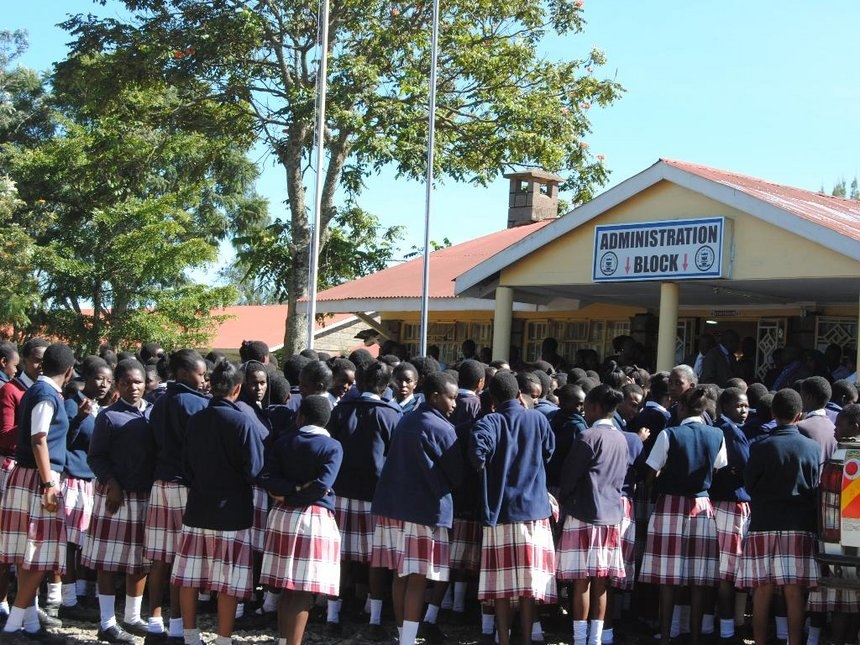Schoolgirls in Kenya will face compulsory tests for pregnancy and FGM

Narok County Commissioner George Natembeya has now made it compulsory for schoolgirls to take pregnancy and FGM tests in the area.
Female Genital Mutilation (FGM) is a harmful practice that involves the removal of part or all of the female genitalia.
Schoolgirls in Narok will be subject to examinations at local health facilities as part of a countrywide crackdown. Girls who have undergone FGM will then be required to give a police statement.
Narok County has the highest rates of teenage pregnancy in Kenya, while FGM is prevalent among the Maasai community.
According to Equality Now, in the countries and regions where FGM has been reduced or abandoned altogether, evidence shows that the decline occurred when the human rights of women and girls were reinforced and legally protected, and a comprehensive strategy was used.
However Equality Now, a campaign group in Kenya, have argued that this process could traumatise the girls further.
Felister Gitonga, Equality Now Programme Officer, said:
“We must continue educating our people on the laws and on the effects of FGM but not be quick to make decisions that would hamper our efforts to fight FGM or increase the risk of having girls barred from schools.”
The campaigners at Equality Now argue that declined FGM will also lead to a decline in teenage pregnancy but there needs to be measures set in place to help the girls once they have taken these tests.
Felister Gitonga added:
“I would like to know what will be the consequences for girls who have already undergone FGM. Will the county offer psycho-social support? Will they be denied school entry?”
George Natembeya argued that Narok County was leading in teenage pregnancies nationally with more than 60 girls failing to sit for their final exams as a result and 230 girls dropping out of school after falling pregnant.
However, Ms. Gitonga said that communication would be important in the process of ending FGM, by educating people in the community of the dangers of the practice.
Join us for the AIDF Africa Summit in Nairobi, Kenya on 26-27 February 2019
If you’d like to stay informed on the latest updates in aid and development, please sign up for the AIDF newsletter.
Photograph: Robert Kiplagat, Standard















